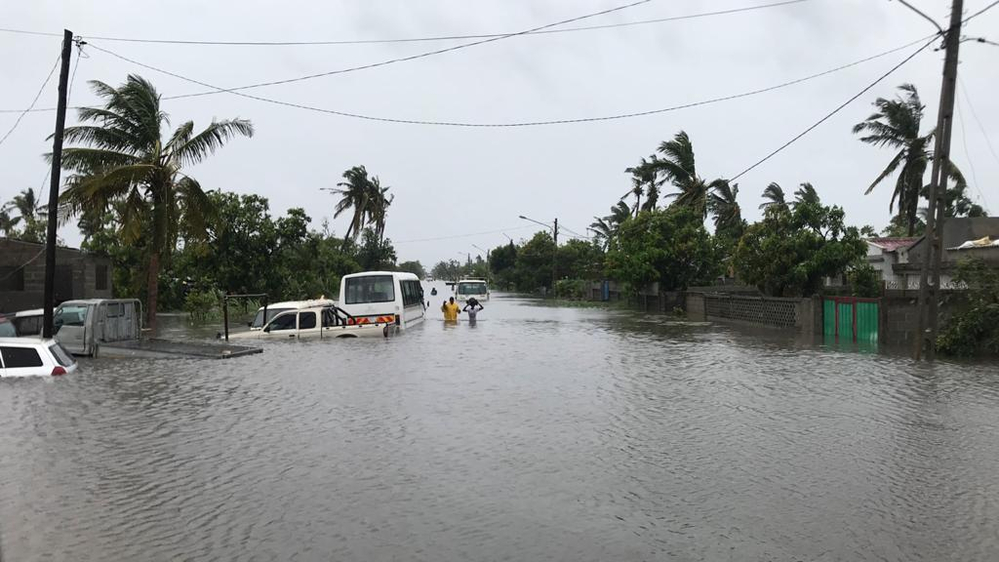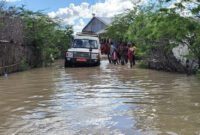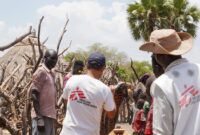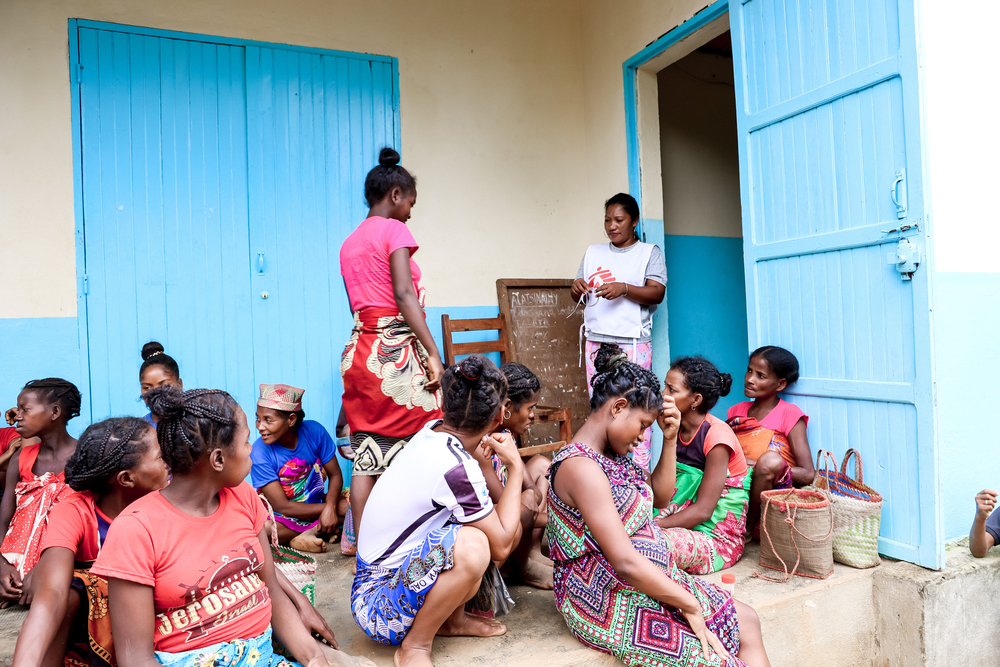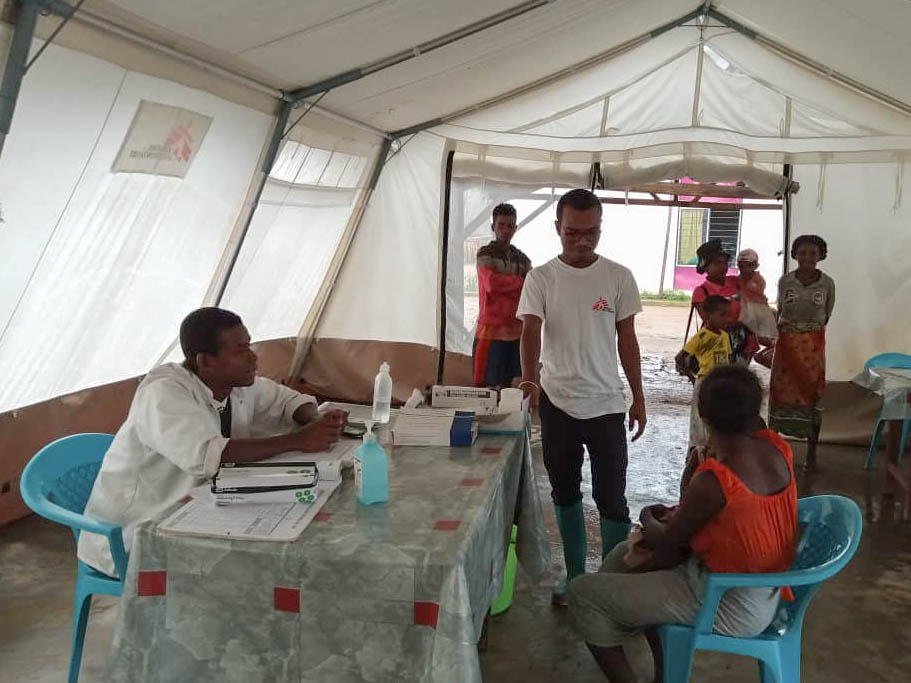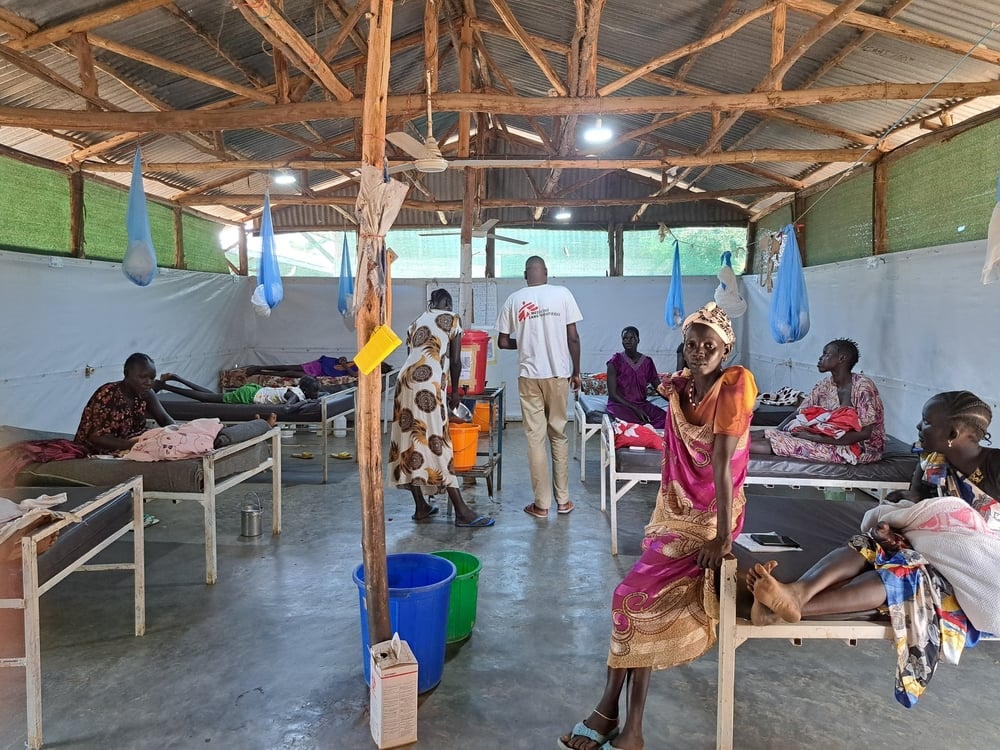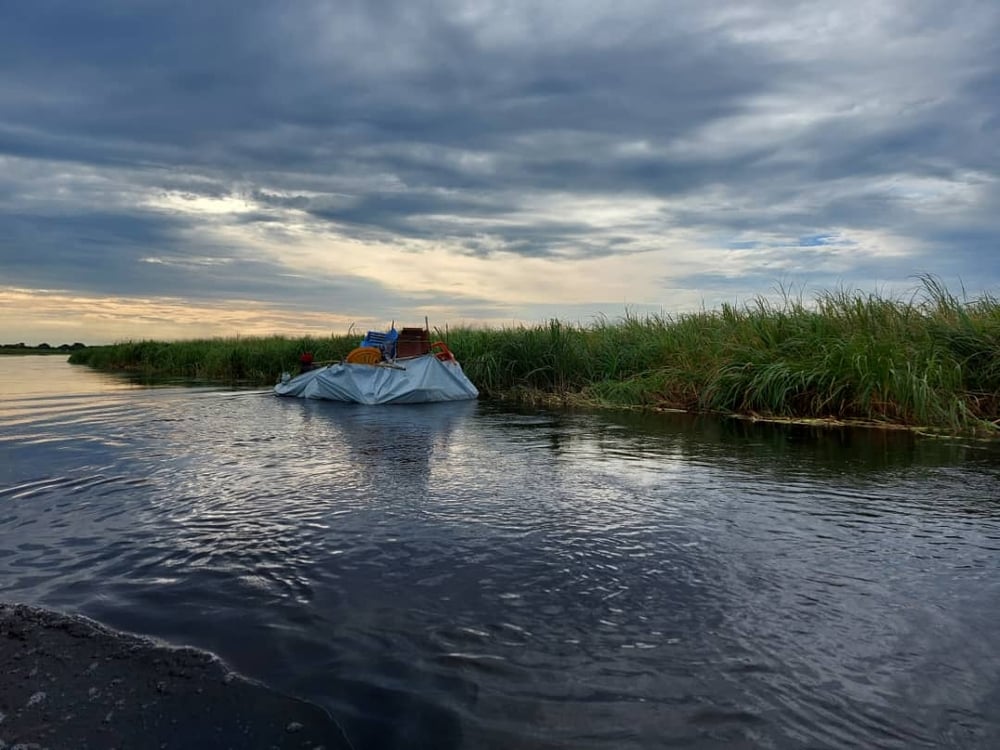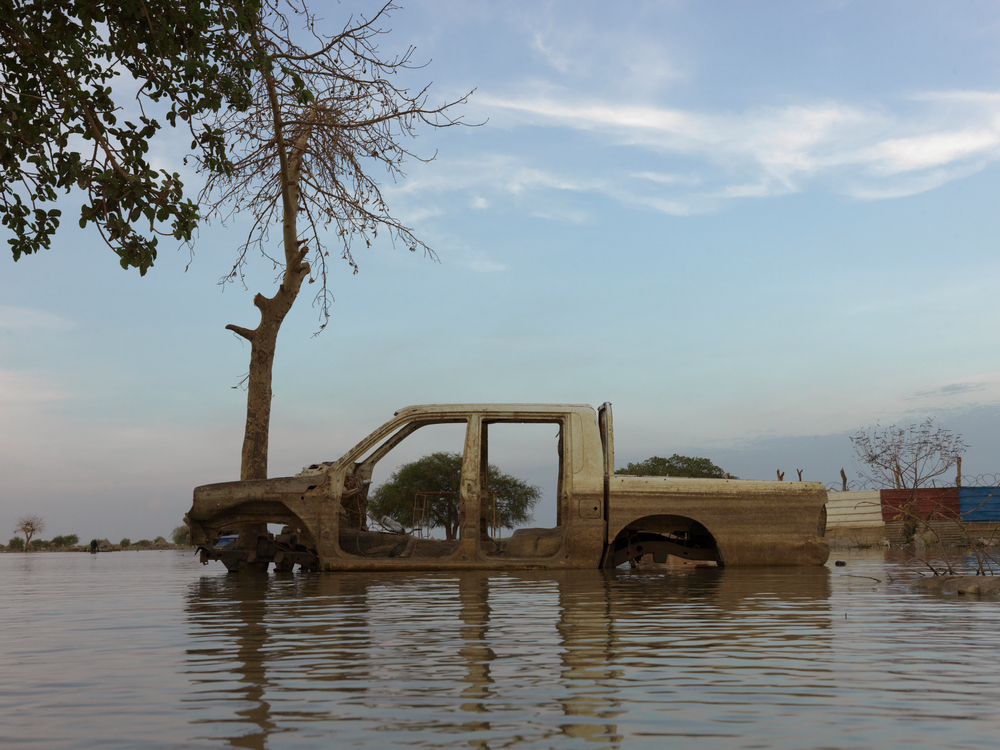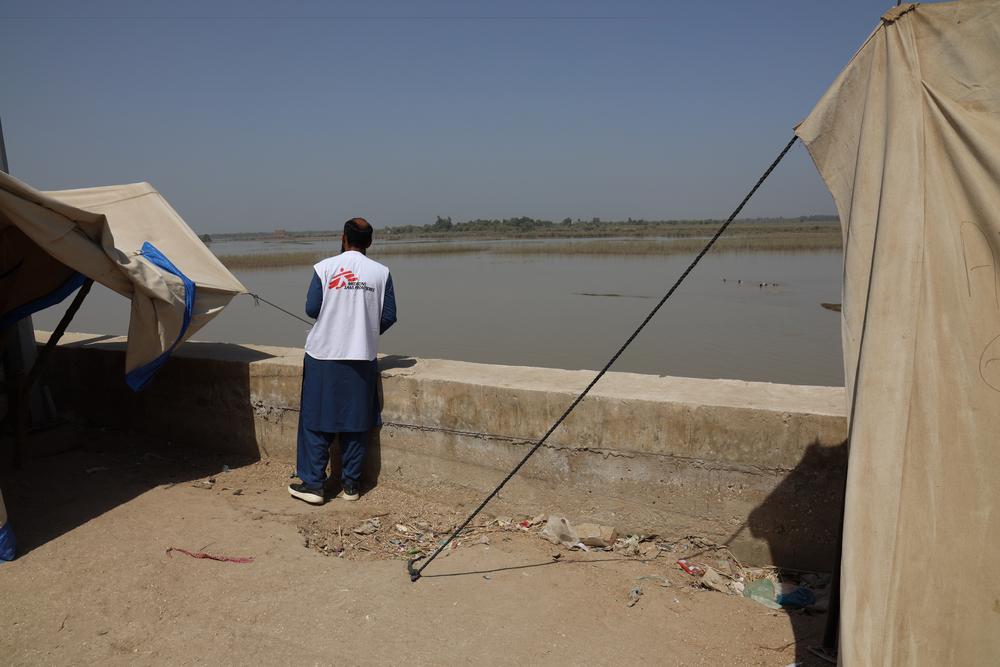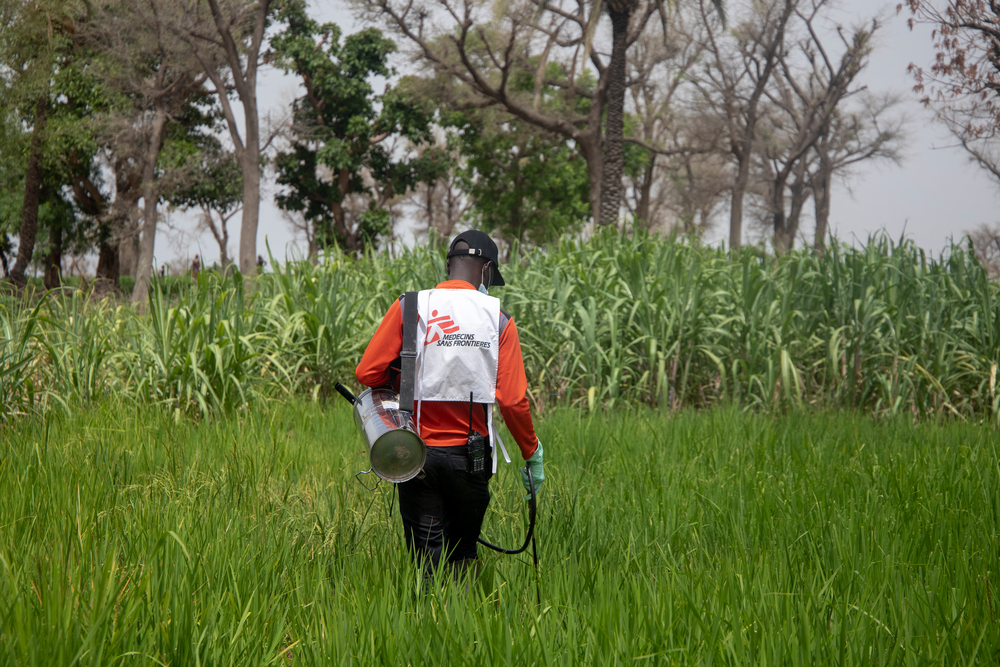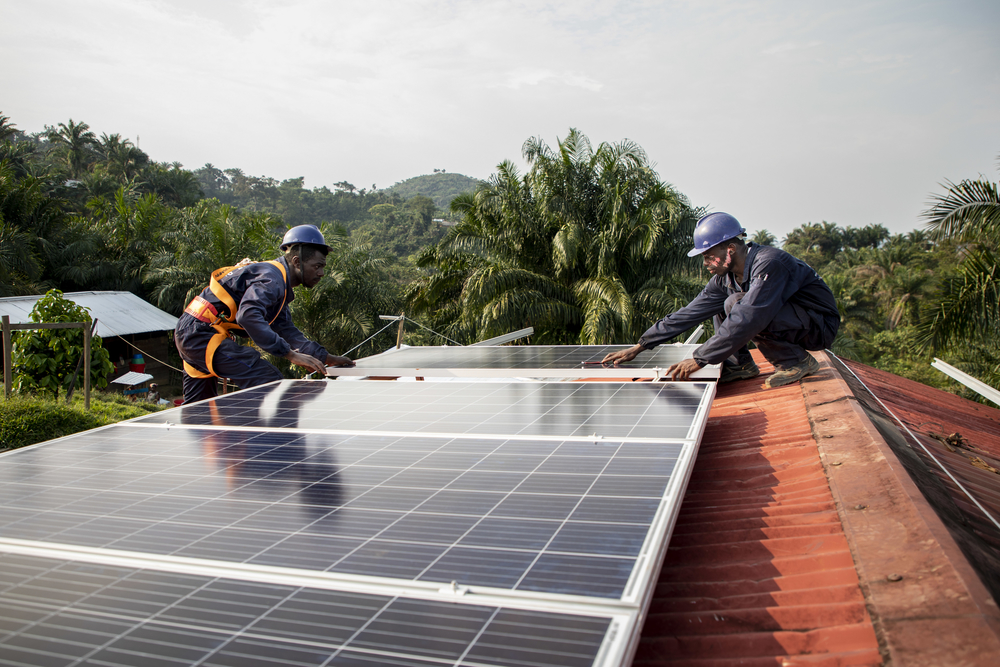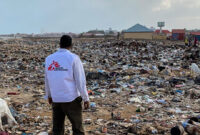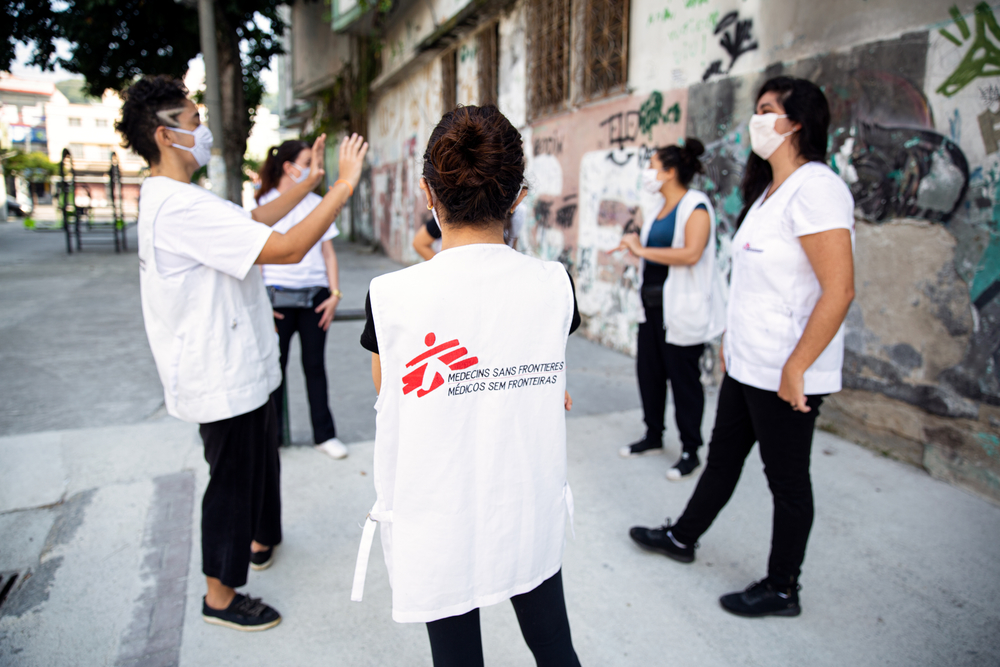Climate Emergency: No choice but to act
Doctors Without Borders/Médecins Sans Frontières (MSF) pledges to reduce the carbon emissions of its medical humanitarian projects by at least 50 per cent by 2030 to safeguard the future health of patients and communities.
Recognizing its contribution to the global problem of carbon emissions and human-caused environmental disruption, MSF’s operational centre in Geneva, Switzerland, has pledged to reduce emissions by at least 50 percent compared to 2019 levels by 2030. With this target, the organization aims to chart a firm trajectory towards decarbonization, aligning MSF with the goals of the Paris Agreement on climate to limit global warming below two degrees. The operational centre in Geneva, which oversees medical humanitarian projects in 27 countries, is the first of the five MSF operational centres to set a carbon emission reduction target. This follows the decision of the entire MSF Movement to reduce the environmental impact of its emergency medical projects through the adoption of an Environmental Pact in 2020.
Climate and health
Human-caused environmental disruption will have a dramatic impact on the health and wellbeing of people around the world. Unless urgent and large-scale mitigation measures are taken across society, human health will be increasingly damaged by the negative consequences of the climate emergency. This includes extreme weather events and changing patterns of deadly diseases, such as malaria, dengue and cholera. Droughts, floods, insect plagues and changing rainfall patterns can all jeopardise food production and people’s means of survival.
“The clock is ticking, we are already seeing how the people we serve in places like Mozambique, Honduras and Niger have been hit hard by climate shocks,” says Stephen Cornish, MSF’s General Director. “We will reduce our emissions and review how we conduct our operations. We have a medical and ethical obligation to our patients and their families to not to harm them or their environment as a result of our practices.”
Many of the locations where MSF works today are susceptible to a dramatically changing climate. Communities there face multiple, overlapping health needs as a result of frequent epidemics, food insecurity, conflict and displacement. The health emergencies in places like Somalia or the Sahel region will increase in scale and severity as the climate emergency accelerates. It is clear this crisis will hit the most vulnerable people on Earth.
“It is a big, crucial step forward,” says Christine Jamet, MSF Director of Operations. “As an emergency organization, it’s a daunting task to green our operations because our priority is still to provide rapid assistance in some of the world’s most remote places. While we don’t yet know exactly how we are going to get there, we know that we must. That is why we have set this target and why we are committing to publicly and transparently report on the progress we make towards meeting it. We simply have no other choice.”
